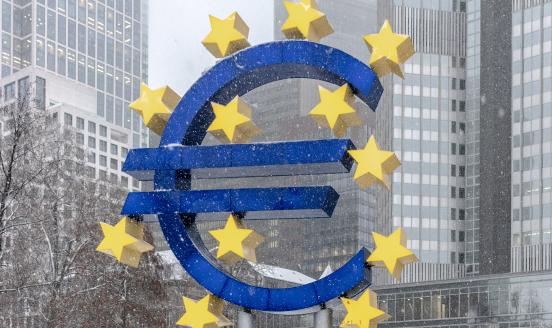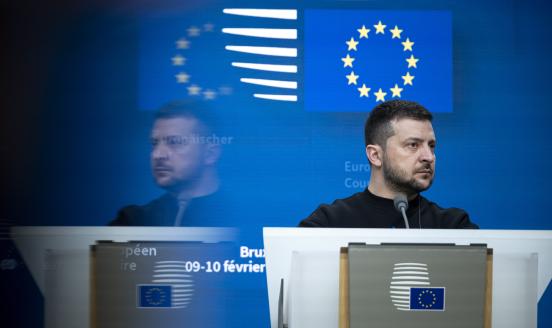Divisia monetary aggregates for the euro area

First published: 10 June 2022
Latest update: 17 August 2023
This database includes updated euro-area Divisia monetary aggregates, originally developed in the article:
Darvas, Zsolt (2015) 'Does Money Matter in the euro Area? Evidence from a New Divisa Index', Economics Letters 133, pp. 123-126. http://dx.doi.org/10.1016/j.econlet.2015.05.034
See the on-line appendix for the methodology and explanations.
An earlier version of this work appeared as:
Darvas, Zsolt (2014) ‘Does Money Matter in the euro Area? Evidence from a New Divisia Index‘, Working Paper 2014/12, Bruegel, 6 November 2014
Simple-sum aggregates, as calculated by the European Central Bank, are also included for comparison.
Standard simple-sum monetary aggregates, like M3, sum up monetary assets that are imperfect substitutes and provide different transaction and investment services. Divisia monetary aggregates, originated from William A. Barnett (1980, ‘Economic monetary aggregates: an application of index number and aggregation theory’, Journal of Econometrics 14, 11–48), are derived from economic aggregation and index number theory and aim to aggregate the money components by considering their transaction service.
No Divisia monetary aggregates are published for the euro area, in contrast to the United Kingdom and United States. Our new dataset includes monthly data from January 2001 onwards on euro-area simple-sum and Divisia money aggregates corresponding to the ECB’s M1, M2 and M3 aggregates for:
- Euro area (changing composition);
- The first 12 members of the euro area;
- Break-adjusted euro area (changing composition) “notional outstanding stock” calculated by cumulating transactions.
- Break-adjusted first 12 members of the euro area “notional outstanding stock” calculated by cumulating transactions.
The dataset also includes estimates of the user costs of M1, M2 and M3 monetary aggregates.
Data Policy: This page provides a number of Bruegel datasets for public use. Users can freely use our data in its unchanged form or after any transformation for any purpose and can freely distribute it, provided that proper attribution is made to the source, but not in any way that suggests that Bruegel endorses the user or their use of the data.



